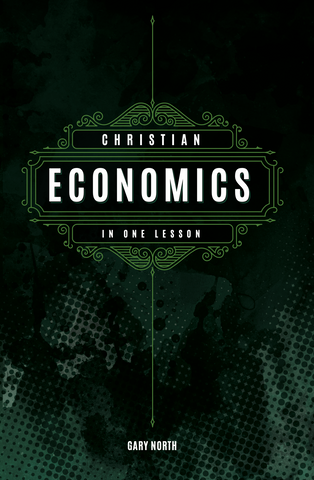Gary continues his interview with Gordon Van Wechel with Alchemy Precious Metals about the worldwide demand for precious metals and how countries like China and India are influencing prices.
The debasement of Isaiah’s day (Isaiah 1:22-26) was kids’ stuff compared to today. That was because of the limits of deception. Pour too much dross into the molten metal, and it will no longer look like silver. The modern world has debased its coinage. No nation’s mint issues silver coins as common coinage—only as collectibles. By the mid-1960’s, silver coins were replaced by central bank counterfeits.
In 1965, most money was not coinage, as is true today. Most money was a combination of paper currency and bank checks. Printed currency of any denomination all looked alike. The “dross” was paper and ink, worth a few cents. The “silver” was the face value of the bill. The central bank’s profit—mark-up—on printing these bills was enormous. The governments had laws against printing counterfeit bills, but their central banks printed nothing but counterfeit bills. What held this process in check was the threat that people could bring in their paper money or write checks and get gold coins. That ended in Europe in late 1914: World War I. It ended in the United States in 1933. It ended for silver coins in the United States in 1964.
Today, most money is digital. All digital money is counterfeit money. We do not even see the money any longer. We use pieces of plastic. Computers communicate with each other. Counterfeit money is morally wrong. It is a form of theft. But economists do not like to invoke ethics in their analysis of economic cause and effect. They also do not like to criticize theft by civil governments as theft, for that brings up this ethical issue: “Thou shalt not steal” (Exodus 20:15). It does not say, “Thou shalt not steal, except by majority vote.”
Henry Hazlitt followed the lead of Ludwig von Mises. He used the word “inflation” to refer to fiat money creation. He did not use it to describe the result of fiat money creation: rising prices. Isaiah preceded both of them in this regard. He identified the evil of inflating—and it is evil. Mises did not mention ethics and economics together. Neither did Hazlitt. Murray Rothbard did. He always labeled inflating as theft.

Christian Economics in One Lesson
Christian economics must begin with the issue of ultimate ownership. This sets it apart from modern economic analysis, which begins with the issue of scarcity. Second, this leads to the issue of theft, which in turn raises the issue of ethics. The ultimate form of causation in human history is ethical: right vs. wrong. Modern economists do not share this view. In fact, it goes beyond this. They openly reject it. They proclaim economic analysis as value-free—this is self-deception. It is a variation of an ancient temptation: “Hath God said?” Yes, He has. “Thou shalt not steal.”
Buy NowGary continues his interview with Gordon Van Wechel with Alchemy Precious Metals. In this second part, Gordon discusses the worldwide demand for precious metals and how countries like China and India are influencing prices. Gold and silver also have industrial uses, which keeps their value high outside of government interventions like the Federal Reserve. (Part Two of Two)

